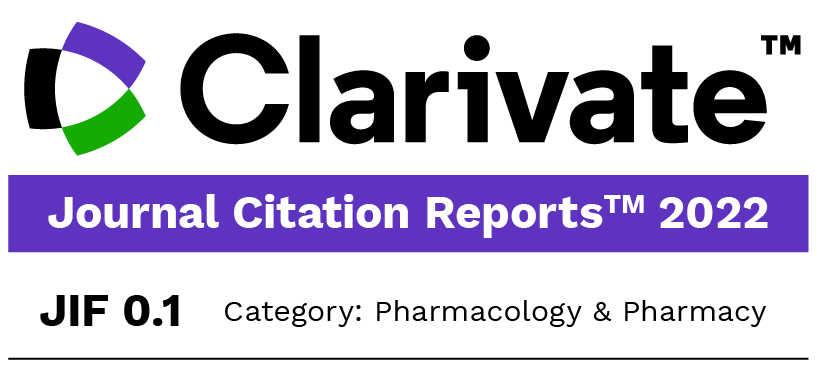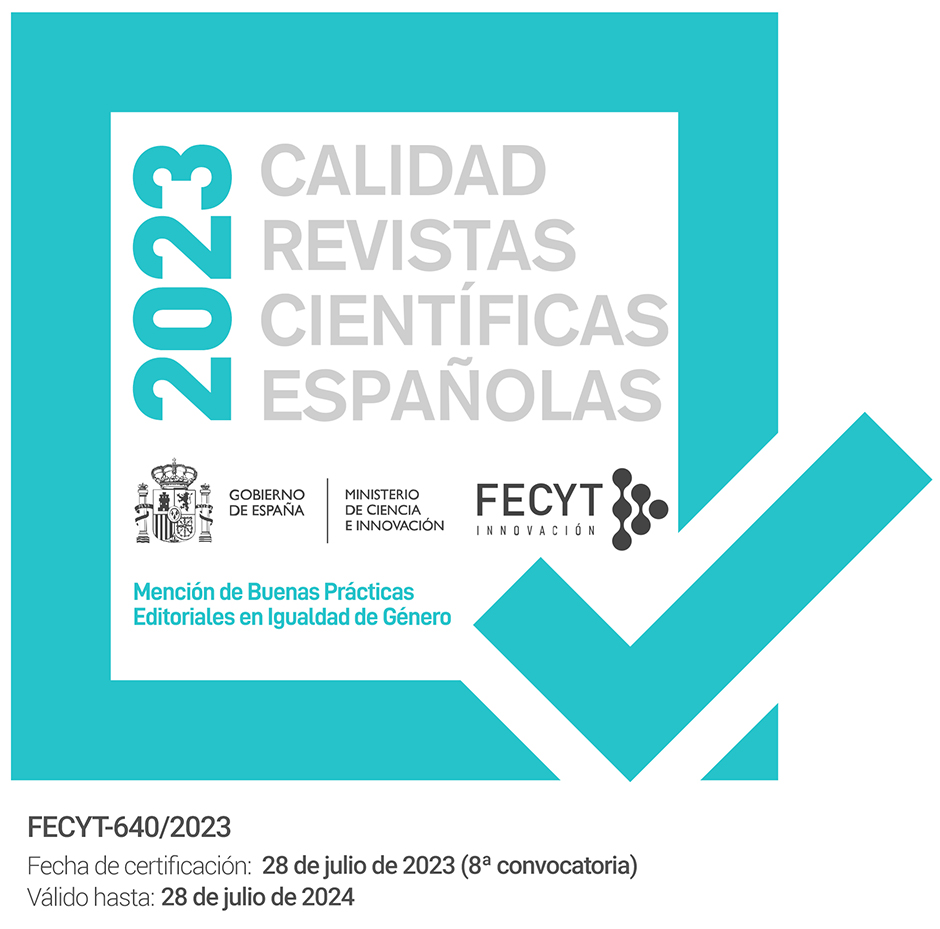“IMPORTANCIA DE LA CONCILIACIÓN DEL TRATAMIENTO EN LA FARMACIA COMUNITARIA DE UN PACIENTE CRÓNICO, POLIMEDICADO Y ANTICOAGULADO”. “Importance of the conciliation of treatment in the community pharmacy of a chronic, polymedicated and anticoagulated patient”.
Palabras clave:
Conciliación del tratamiento, anticoagulantes orales directos, fibrilación auricular, errores en la medicación, duplicidad, Reconciliation of treatment, direct-action oral anticoagulants, atrial fibrillation, medication errors, duplicatResumen
RESUMEN
La fibrilación auricular es la arritmia cardiaca más frecuente, produce una alta tasa de accidente cerebrovascular y embolia sistémica. Su tratamiento recae en dos aspectos fundamentales, la prevención del ictus mediante la anticoagulación oral y el control de la arritmia en sí.
Como anticoagulantes orales nos encontramos los antagonistas de la Vitamina K y los anticoagulantes orales de acción directa, éstos han experimentado un aumento en sus prescripciones últimamente, por presentar ciertas ventajas: dosificación simple y fija, sin restricciones de dieta, anticoagulación predecible,... Sin embargo, tienen restricciones de dosificación en casos de insuficiencia renal e interaccionan con algunos medicamentos.
En este caso clínico se ha llevado a cabo la conciliación del tratamiento, en Farmacia Comunitaria, de un paciente polimedicado crónico al que le prescriben diferentes medicamentos en diversas transiciones asistenciales al padecer una FA paroxística. Gracias a la intervención farmacéutica se previenen graves complicaciones derivadas de errores en la medicación.
ABSTRACT
Atrial fibrillation is the most common type of arrythmia. It is the cause of a high number of cases of stroke and systemic embolism. There are two fundamental aspects to the treatment of atrial fibrillation; the prevention of stroke by oral anticoagulants, and the control of the arrythmia itself.
As oral anticoagulants we find the vitamin K antagonists and the direct action oral anticoagulants, these have experienced an increase in their prescriptions lately, for presenting certain advantages: simple and fixed dosage, no dietary restrictions, and predictable anticoagulation… However, they have dosage restrictions in cases of renal failure and are incompatible with various other types of medication.
In this clinical case, the pharmaceutical community has carried out a reconciliation of various treatments of a chronic patient on multiple medications suffering from paroxismal AF, who had been prescribed different medication on different occasions. Due to this pharmaceutical intervention, serious complications caused by medication errors were avoided.
Descargas
Descargas
Archivos adicionales
Publicado
Cómo citar
Número
Sección
Licencia
La revista Pharmaceutical Care España se publica bajo una licencia «Creative Commons, Reconocimiento, No Comercial y Compartir Igual 4.0 Internacional» (CC BY-NC-SA 4.0)», que permite a otros compartir el trabajo con un reconocimiento de la autoría del trabajo y la publicación inicial en esta revista (con excepción de los usos comerciales).
Los autores que publican en esta revista están de acuerdo con los siguientes términos:a) Los autores conservan los derechos de autor (derechos morales) y garantizan a la revista el derecho de ser el primer soporte documental publicado del trabajo.
b) Se permite y anima a los autores a difundir la versión del trabajo revisado por pares y aceptada para su publicación (por ejemplo, en repositorios institucionales o temáticos), recomendando hacerlo con la versión final del editor “pdf”, “html” o “xml”).








